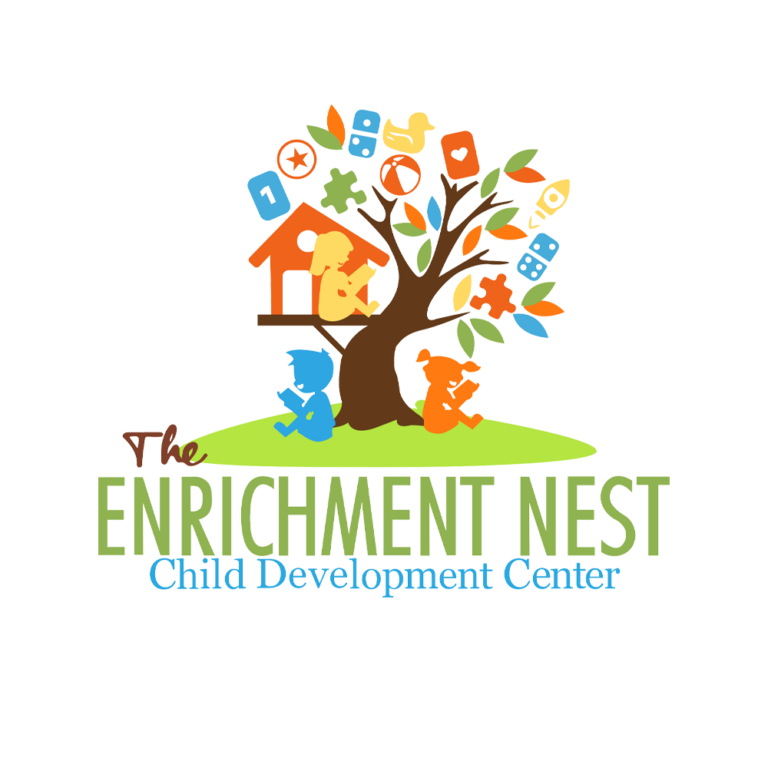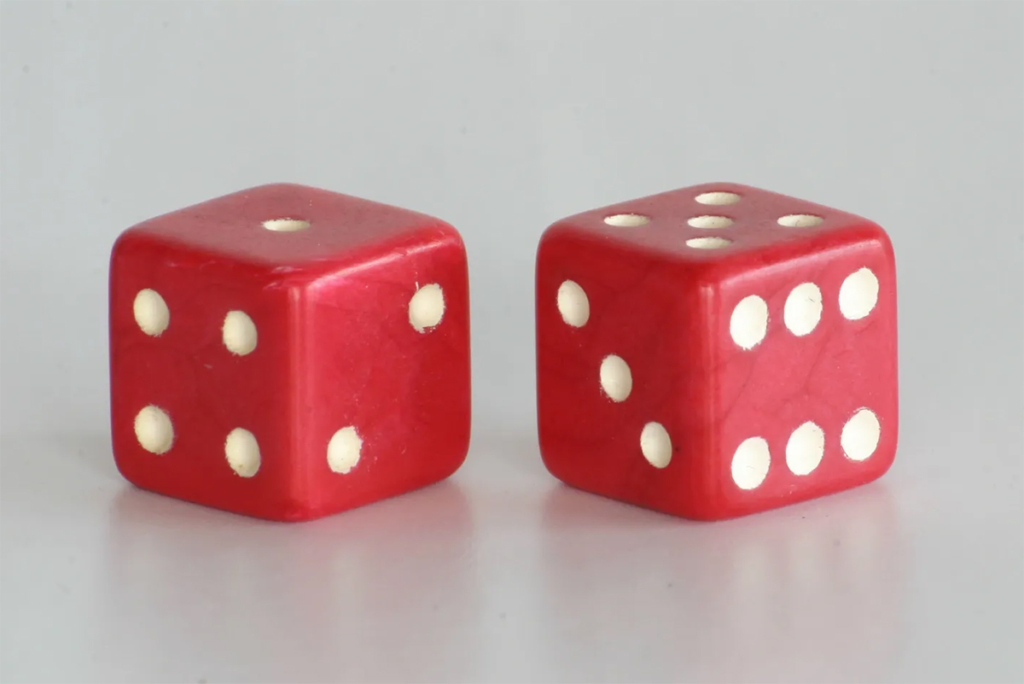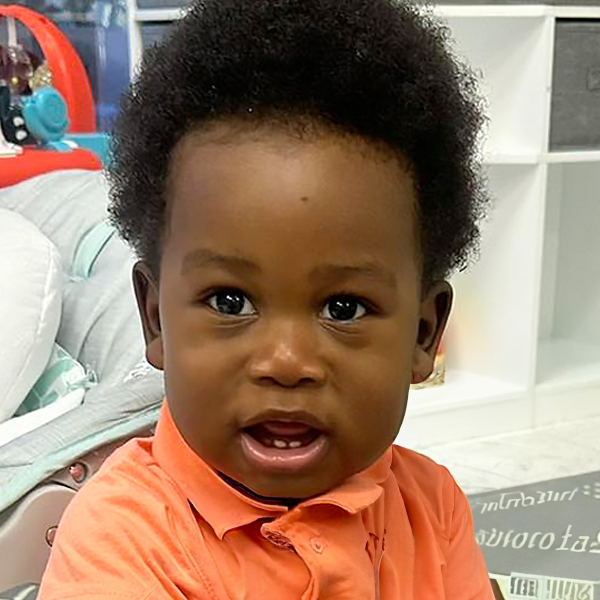Mathematics is an essential skill that children begin to develop from a very young age. By incorporating math into their daily routine, parents can lay a strong foundation for their child’s mathematical abilities. Here are five creative and enjoyable ways to integrate math into your child’s everyday activities, tailored for children between the ages of 1 and 5 years old.
Counting During Playtime:
Turn playtime into a learning opportunity by counting toys or objects together. Whether it’s stacking blocks, arranging toy cars, or playing with stuffed animals, encourage your child to count along with you. This simple activity helps them grasp the concept of numbers and enhances their counting skills.
Mathematical Songs and Rhymes:
Introduce catchy songs and rhymes that incorporate counting or basic mathematical concepts. Singing songs like “Five Little Ducks” or “Ten in the Bed” not only entertains your child but also reinforces numerical sequencing. These rhythmic tunes make learning math fun and engaging.
Shape Hunt:
Transform everyday outings into a shape-hunting adventure. While taking a walk in the park or around the neighborhood, point out different shapes you see, such as circles (like the sun or wheels), squares (like windows or signs), and triangles (like rooftops or cones). Encourage your child to identify and name these shapes, turning a simple stroll into an interactive learning experience.
Cooking Together:
Involve your child in simple cooking or baking activities to introduce basic math concepts like measurement and quantity. Allow them to help measure ingredients using measuring cups and spoons, count the number of ingredients needed for a recipe, or divide food items into equal portions. Cooking together not only strengthens their math skills but also fosters valuable life skills and promotes bonding between parent and child.
Puzzle Play:
Puzzles are fantastic tools for developing problem-solving skills and spatial awareness. Choose age-appropriate puzzles with colorful shapes or numbers and encourage your child to complete them. As they fit pieces together, they learn to recognize shapes, understand spatial relationships, and develop critical thinking abilities. Make puzzle time a regular part of your child’s routine to reinforce mathematical concepts in a playful way.
Incorporating math into your child’s daily routine doesn’t have to be daunting or dull. By infusing simple activities with mathematical elements, you can nurture your child’s mathematical development while making learning enjoyable and natural. Remember to keep the activities age-appropriate, follow your child’s interests, and most importantly, have fun together. With these creative approaches, you’ll be laying the groundwork for a lifelong love of learning and mathematical proficiency in your child.






